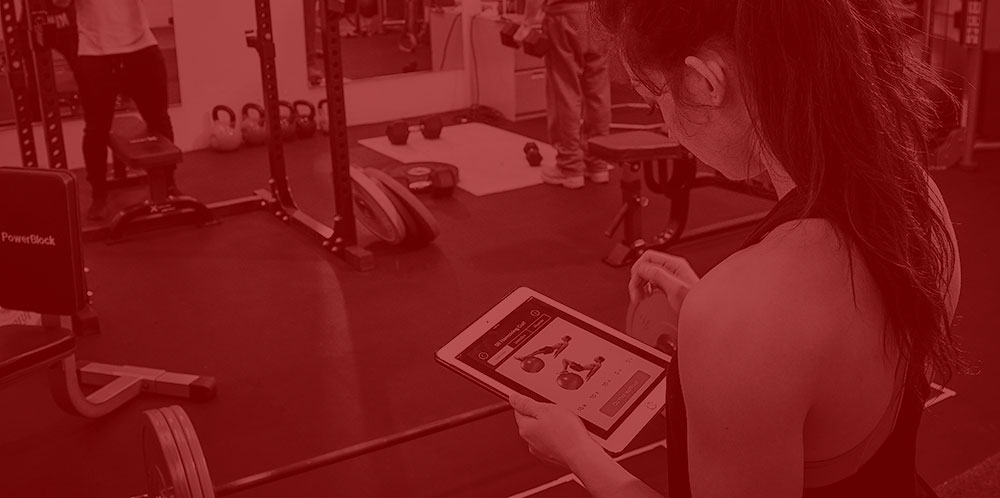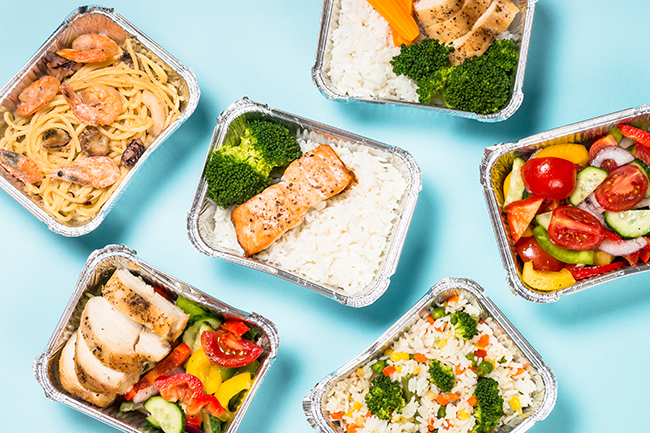Keto Diet + Strength Training For Women = Quick Fat Loss
When it comes to losing body fat, the gold standard is to combine exercise and nutrition. The goal is to eat in a way that allows you to train hard, preserve muscle mass, and achieve an energy deficit. Several different exercise/diet combinations have proven effective but very low carb diets are generally avoided due to the fear that exercise performance will be compromised. Glucose is the body’s preferred energy source for high-intensity exercise and the theory goes that a keto diet that deprives the body of glucose in the
Three Pre-Workout Nutrition Priorities: What To Eat Before Your Workout
It’s time to hit the gym for a workout. Your brain tells you you’re ready to burn through some killer sets. But once you start training, your body isn’t complying: You feel weak and unable to complete all your reps. What gives? Many people neglect some element of nutrition and find themselves incorrectly fueled for training. This article will cover how to eat for peak performance so that you can get the most out of your efforts. The Goals of Pre-Workout Nutrition There are three main priorities when it comes
What Are The Metabolic Benefits of The Keto Diet?
There are many benefits of the keto diet but one area where it really shines is in how it improves your metabolism. By shifting the body from a state of glycolysis (where it runs on blood glucose) to ketosis (where it runs on fat), you can transform how your body uses energy. This pays off in several ways: It is easier to lose body fat and keep it off long-term. It improves insulin sensitivity and makes it possible to overcome diabetes. It lowers inflammation, giving you an anti-aging effect
Understanding Magnesium Chelates For Superior Heart Health, Stress Management & Metabolism
Magnesium is essential for life playing a major role in the metabolism of glucose and nervous system function. It acts as an electrolyte and is intimately related to the function of vitamin D and calcium in the body, regulating bone and muscle function. Along with affecting over 300 enzymatic reactions in the human body, magnesium may be useful for overcoming cardiovascular disease, hypertension, migraines, insomnia, anxiety, depression, ADHD, asthma, migraine headaches, kidney stones, and several other issues. Magnesium deficiencies are common due to low dietary intake of fruits and vegetables
How Women Use Energy Differently From Men During Exercise…and Need Different Nutrition
When it comes to gender differences in nutrition, the focus is often on specific nutrients such as iron and calcium that women may need more of. As important as optimal levels of these nutrients are, there are also gender differences in how women use energy that need to be accounted for. New research shows that trained female runners use less muscle glycogen than men during exercise (1). Glycogen is the storage form of carbohydrates that fuels muscle contractions. This study tested glycogen use in the calf and quadriceps muscles
Drawbacks of 6 Meals A Day & Other Meal Timing Mistakes
One of the most pervasive myths regarding meal timing is that you should eat six small meals every few hours to increase metabolism and lose weight. In fact, research shows that this approach often backfires and may lead to weight gain and worse metabolic function. The theory behind the six meals-a-day recommendation is that when you eat, you raise your metabolic rate slightly by increasing the thermic effect of food—that is, the calories burned as the body processes a meal. However, the additional number of calories burned is minimal,
How Strength Training Can Help You Lose Body Fat
Conventional knowledge tells us that aerobic exercise is the ticket to weight loss. Ask any trainer and they will tell you they’ve had clients who insist on doing cardio to lose weight before starting a strength training program. Unfortunately, this approach usually leads to disappointing returns due to several factors: Many people find aerobic exercise stimulates appetite. They end up eating more calories, negating the calorie deficit they created from training. People who do manage to create an energy deficit will end up losing a lot of muscle in addition
Keto For Older Adults = 5x Greater Fat Loss Than Low-Fat Diet
If losing body fat is on your to-do list, a low-carb keto diet is something you should consider. A new study shows that cutting carbohydrates in favor of fat can help older adults lose significantly greater body fat than a low-fat diet. This study was noteworthy because it debunks the popular concern that keto diets raise LDL cholesterol and aren’t appropriate for older adults who need to worry about cardiovascular health. It also highlights why keto diets are so effective for fat loss: They improve the body’s use of
Always Count Tempo: Build More Strength & Muscle By Controlling Lifting Speed
There’s a strange paradox in program design: One of the most important variables is unknown or incompletely understood. Tempo, or the speed with which you perform the different components of an exercise, plays a huge role in training outcome. If you ignore it, your gains will be mediocre and you put yourself at risk of injury, whereas mastering tempo prescriptions, along with the other variables of program design, will get you fantastic results. This article will give you a quick overview of tempo and provide four reasons to incorporate
Eccentric Training = Better Results, Less Work
Most people like the idea of getting better results with less work. Eccentric training is one way to do this. Research show that focusing on the eccentric, or lengthening, phase of a lift will produce superior hypertrophy, strength, and power—if you program properly. To ensure everyone is on the same page, here are definitions related to the phase of muscle contractions: The eccentric phase of a lift occurs when a muscle lengthens. This is the down motion of the bench press, biceps curl, or squat. The concentric phase of













